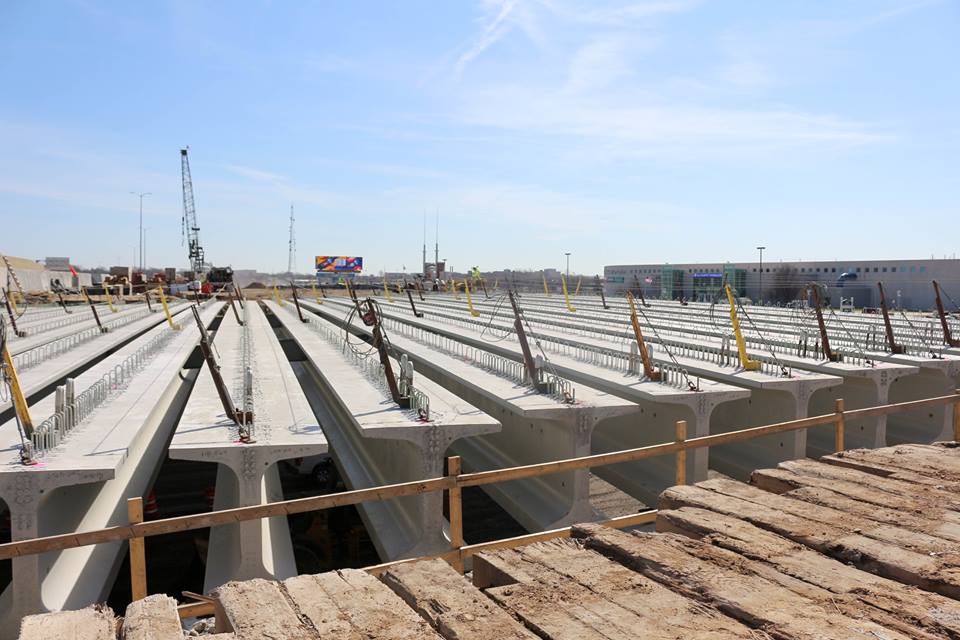Visit WisPolitics-State Affairs for premium content,
keyword notifications, bill tracking and more
Home » Featured » WisPolitics panel: State surplus could put off tough choices on funding transportation

Lawmakers and transportation experts at a WisPolitics luncheon agreed the state surplus could delay tough choices on how to fund transportation, but they expect hard decisions in future budgets. They also suggested one much-discussed future revenue option is unlikely for years to come: tolling. And panelists indicated using general fund revenues in the short-term is more likely than a boost in th...